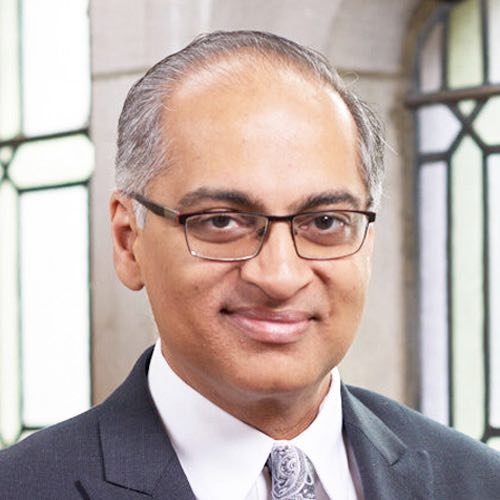In a recent conversation with a young first-time attendee at church, I attempted to establish common ground for a vital conversation by referring to the parable of the prodigal son, surely one of the best-known Bible stories: “Remember how Jesus tells the story of the young man who squandered his inheritance on prostitutes and lived with the pigs.”
I went no further. My listener looked at me with utter incomprehension and responded, “What are you talking about?!”
My listener must have been thinking, “Why in the world is this priest talking to me about prostitutes and pigs?!” Miraculously, she didn’t walk out. It was an eye-opening moment for me, a welcome to the complexities of pastoring in the Pacific Northwest.
The majority of my congregation is well over fifty. They are part of generations raised in the church and have a high level of biblical literacy. So, I can begin my sermon by assuming that there is no need to rehearse core Bible stories. Loud snoring would erupt if I tried to retell that parable as I would to a first-time attendee. Still, huge chasms exist between who sits in the pews, not just in matters of relative levels of biblical literacy. The congregation includes PhDs in theology, as well as unchurched individuals. It includes homeowners and those who are unhoused. It’s an absolute wonder that any sermon works and most conversations don’t go off the rails.
Why tell this tale? Not to elicit sympathy for preachers, although I am confident that my priestly peers would welcome it. My goal instead is to highlight and urge us all to the work of community building through empathy and care. Most civic associations are founded on commonalities, such as hobbies, passions, graduation from the same university or a commitment to a particular political cause. Increasingly, few churches can presume that their parishioners share a common class, secure housing, access to healthcare or a shared fund of biblical narratives. This is certainly the case at St. John the Divine in Victoria where I serve as priest associate.
About the only thing we have in common is a desire to belong, to be in community together rather than alone in isolation on Sunday morning. And that is what makes church special; we come together across radical difference, drawn together only by a desire to follow the man from Galilee down the roads he would lead us.
Under such conditions, church work must begin with the basics. We must learn to be human together in an age of isolation, loneliness and political polarization. The basics matter: listening, befriending, immersing oneself in experiences far removed from one’s own, serving together and expanding capacities for empathy. Belonging and behaving must precede believing, loving before deep learning.
As a priest and theologian, my commitment is that our way of being community must be shaped by the life, witness, death and resurrection of Jesus. Christ-shaped character is what makes us distinctive from, say, a bowling league. However, I can no longer presume that everyone in the congregation knows who he is, if even his most famous teachings are no longer well known. Elementary education, including basic Bible study, will be necessary.
But what must be primary is the labor of building a community that embodies the love of the prodigal Father, who loves extravagantly, wastefully, and embraces all regardless of sanctity or Biblical literacy. Building a community of love where all feel they are welcomed and loved prodigally because they possess infinite dignity — that must come first and, of course, last. Belonging and behaving — the tender work of love — must precede and set the groundwork for the work of believing.




